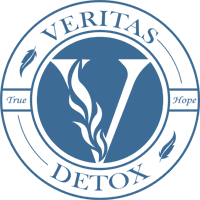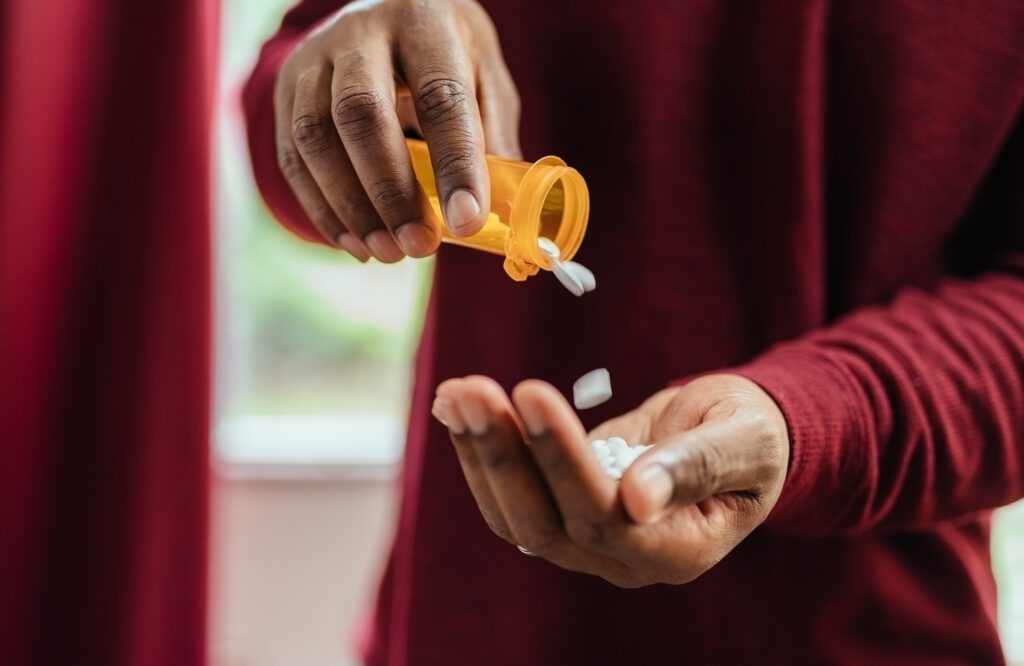Opioid use disorders affect millions of people in the United States every year. In 2020, there were over 150,000 opioid drug overdose deaths in the United States alone. Amounting to over 16% of all 932,000 drug overdose deaths in the US since 1999.
The opioid epidemic is rampant, but fortunately, treatments are readily available for those who need help.
Let’s explore what is the best treatment for opioid addiction available today.
Best Treatment for Opioid Addiction
There are numerous ways to treat opioid addiction. Each method will be dependent on the condition of the addict and to some extent on their preferences.
Some of these include:
Treating Opioid Addiction With Pharmacotherapy
Pharmacotherapy is a common treatment for opioid addiction that’s employed by treatment centers.
In this treatment, opioid abuse disorder is treated with medications such as heroin, morphine, codeine, oxycodone, hydrocodone, and fentanyl.
By administering meds like buprenorphine, methadone, and naltrexone, treatment centers are able to help the addicts taper down and reduce the cravings and dependence of the body gradually.
Pharmacotherapy tends to be a suitable fit for addicts with severe withdrawal symptoms whose lives could be at risk if they stopped taking opioids abruptly. It’s also a suitable option for addicts who have relapsed many times and need a more specialized approach.
This form of therapy is offered as part of detox treatment and is usually available in both outpatient and inpatient settings.
Treatment of Opioid Addiction with Medication-Assisted Therapy
Addiction is a disease of the mind and the body, which is why the use of behavioral therapy can also work in the treatment of opioid addiction.
Behavioral therapy can help an addict change their attitudes toward drug use and replace addictive behaviors with healthy habits.
Some of the most common behavioral therapies for opioid addiction include:
- Cognitive-behavioral therapy (CBT)
- Motivational enhancement therapy
- Group therapy
- Family therapy/
- Individual therapy
Treating Opioid Addiction Medication Assisted Therapy
In order to achieve maximum efficacy, pharmacotherapy is usually offered in combination with behavioral counseling therapy. The combination of these two methods is what’s known as Medication Assisted Treatment (MAT).
MAT offers a “whole” approach that can help increase an addict’s chance to gain and maintain sobriety.
Outpatient and Inpatient Treatment for Opioid Addiction
During rehab, addicts can choose to receive inpatient or outpatient addiction treatment.
When a patient attends an outpatient program, he or she continues to live at home while receiving addiction treatment. As a result, patients do not have to stay in a residential facility or hospital. The individual can instead attend an outpatient opioid rehab program or a hospital to receive counseling and medication before returning home.
Several busy professionals choose an outpatient treatment setting as a way to gain sobriety while maintaining their daily routine.
Alternatively, inpatient addiction treatment requires an addict to stay in the rehab facility for at least 28 days at a time. Inpatient rehab is usually the way to go for severe cases or for people who have issues relapsing.
Outpatient treatment could be more affordable than inpatient treatment, but it can also be riskier as patients are more susceptible to relapse. A healthcare professional can help you determine the best course of action for your specific situation.
Both settings offer patients detox treatment with pharmacological management.
What Are the Best Treatment Options for Opioid Addiction?
The best treatment for opioid addiction will ultimately be determined by the severity of the addiction and any underlying causes behind it.
Veritas Detox offers opioid detox and treatment to help you or your loved one get the help you need to get better.Contact us today and find out which opioid addiction treatment is right for you!





